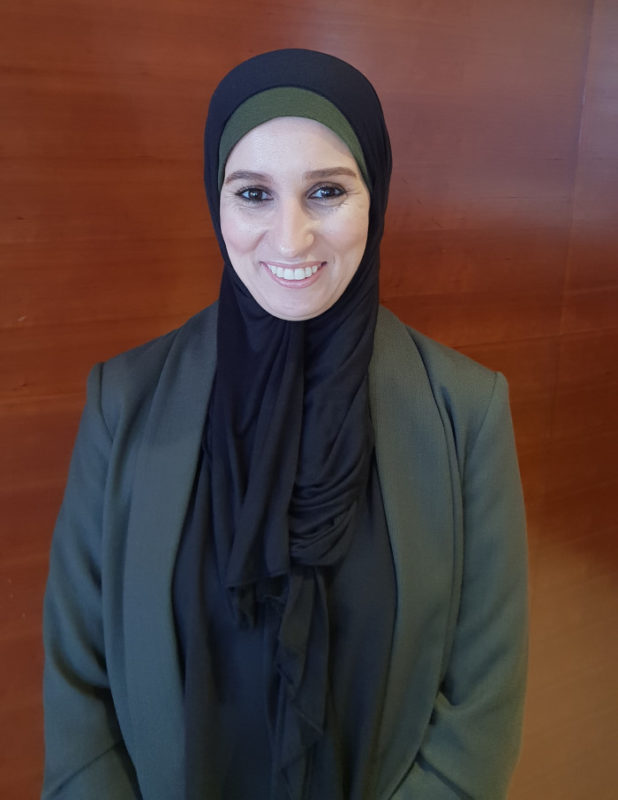In this contribution, Fatima Ait Bendawad, Head of DHL Global Forwarding’s Global Competence Centre for Humanitarian Logistics in Dubai, explains the pivotal role Dubai is playing in enabling the global supply chain in the face of the pandemic through its purpose-built Humanitarian Logistics Hub—Editor.
The Covid-19 pandemic has challenged the logistics sector, particularly in relief operations, in unprecedented ways. With a sharp dip in global flight capacity as a result of travel restrictions and grounded fleets, this has been a trying period for flights transporting life-saving aid and medical supplies, critical in the fight against Covid-19.

In the face of these logistical hurdles, Dubai’s strategic position as a thriving transit hub at the intersection of Asia, Europe and Africa, has brought to bear its instrumental role in the global humanitarian aid supply chain.
Dubai competencies
Even prior to the pandemic, Dubai has been managing the flow of medical necessities for ongoing global issues such as water sanitation, malaria, neglected tropical diseases and the refugee crisis.
With the current outbreak of epic proportions, Dubai’s logistical capability is once again pivotal in the World Health Organization’s (WHO) facilitation of the supply and transport of personal protective equipment (PPE) globally.
As governments around the world started to reach out to get hold of PPEs, Dubai grew its emergency operations team fourfold to accommodate the demand of increasing shipment requests despite the skyrocketing air freight rates.
Supporting all nations
The UAE’s significant investments in airports, seaports, roads, railways, telecommunications and energy have created a supportive infrastructure for efficient logistical movement, which the World Bank ranked as number one in the Middle East.
This infrastructure has complemented Dubai’s role as a hub for humanitarian logistics. The city is home to Dubai International Humanitarian City (DIHC), the world’s largest and busiest logistics hub for humanitarian aid, which has nine United Nations agencies and nearly 50 non-governmental organizations and commercial entities as members.
Its location – within eight flight hours from two-thirds of the world’s population – has helped in the swift transportation of foreign aid during some of the worst humanitarian crises of the past decade and more recently, the novel coronavirus outbreak.
Visionary leadership
In line with the UAE leadership’s commitment to assist over one million medical workers worldwide, DIHC has met 85 percent of the WHO’s global medical goods response, having rolled out over one million units of medical supplies to date.
So far in the fight against the Covid-19 outbreak, Dubai has donated more than 995 tonnes of aid to Europe, Africa, Asia and the Americas. It has sent shipments including test kits, protective clothing and food supplies to over 70 nations.
Additionally, in partnership with the United Nations World Food Programme (WFP), Dubai has launched an international air bridge operation to provide a lifeline of essential health and humanitarian supplies to nations.
China focus
China, in particular, is the primary manufacturing hub for PPE where the West has been sourcing its supplies from. Anticipating the upward trend, the DHL team in Dubai worked closely with its counterpart in China to form a dedicated taskforce that manages the daily freight shipments of PPE from Shanghai to Dubai.
Aside from handling the bulk of essential shipments daily, the leading air, ocean and road freight provider alleviated the strain on air cargo capacity by launching a dedicated 100-ton weekly air freight service back in April 2020. The solution saw DHL teams consolidate shipments across China, and moved them to Middle East and Africa via Dubai.
Such initiatives speak to Dubai’s commitment to foreign aid. Whether through the provision of PPE, sharing knowledge or ensuring that humanitarian supplies reach all those in need, Dubai continues to be a reliable partner and a voice for good.
